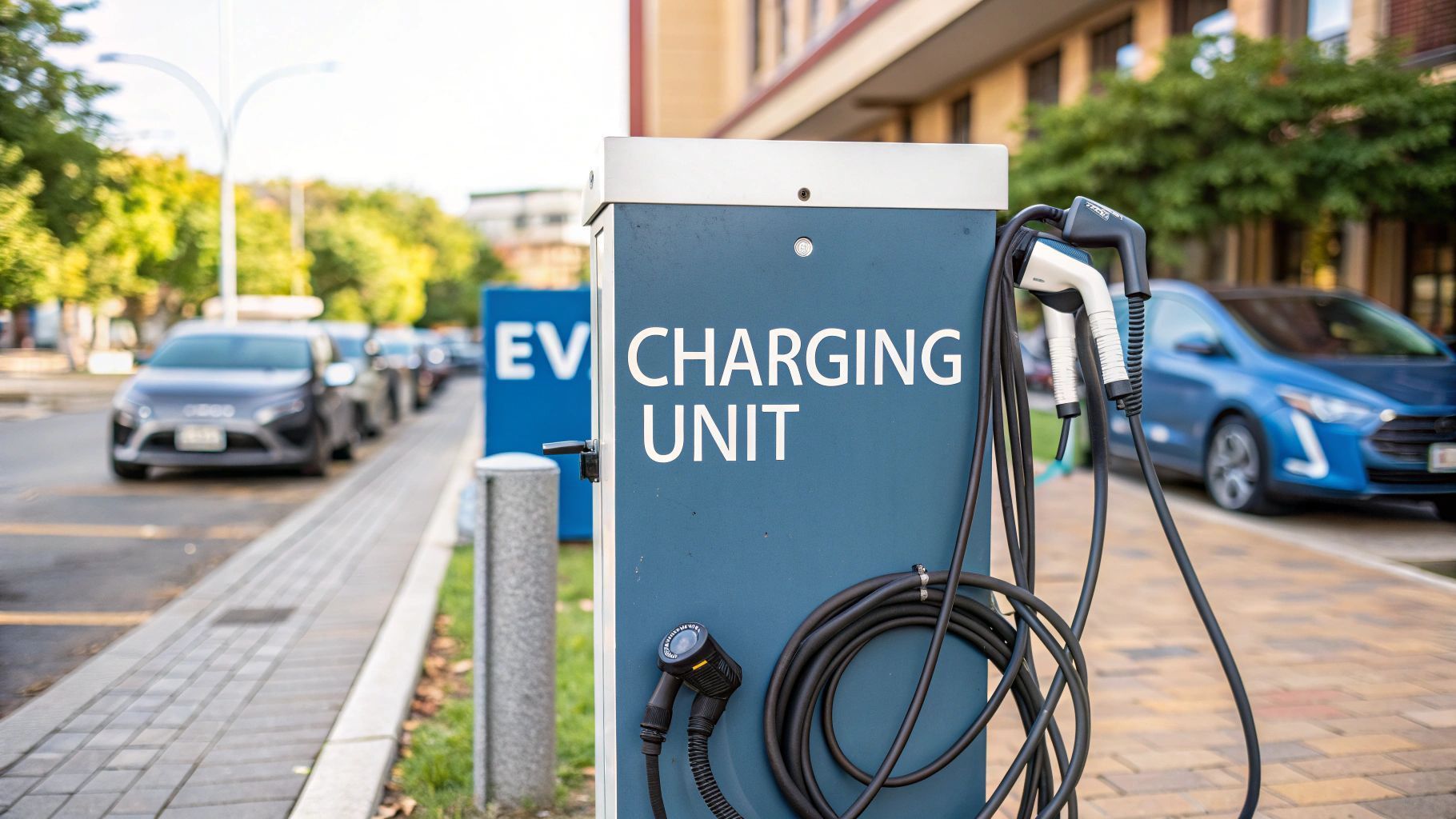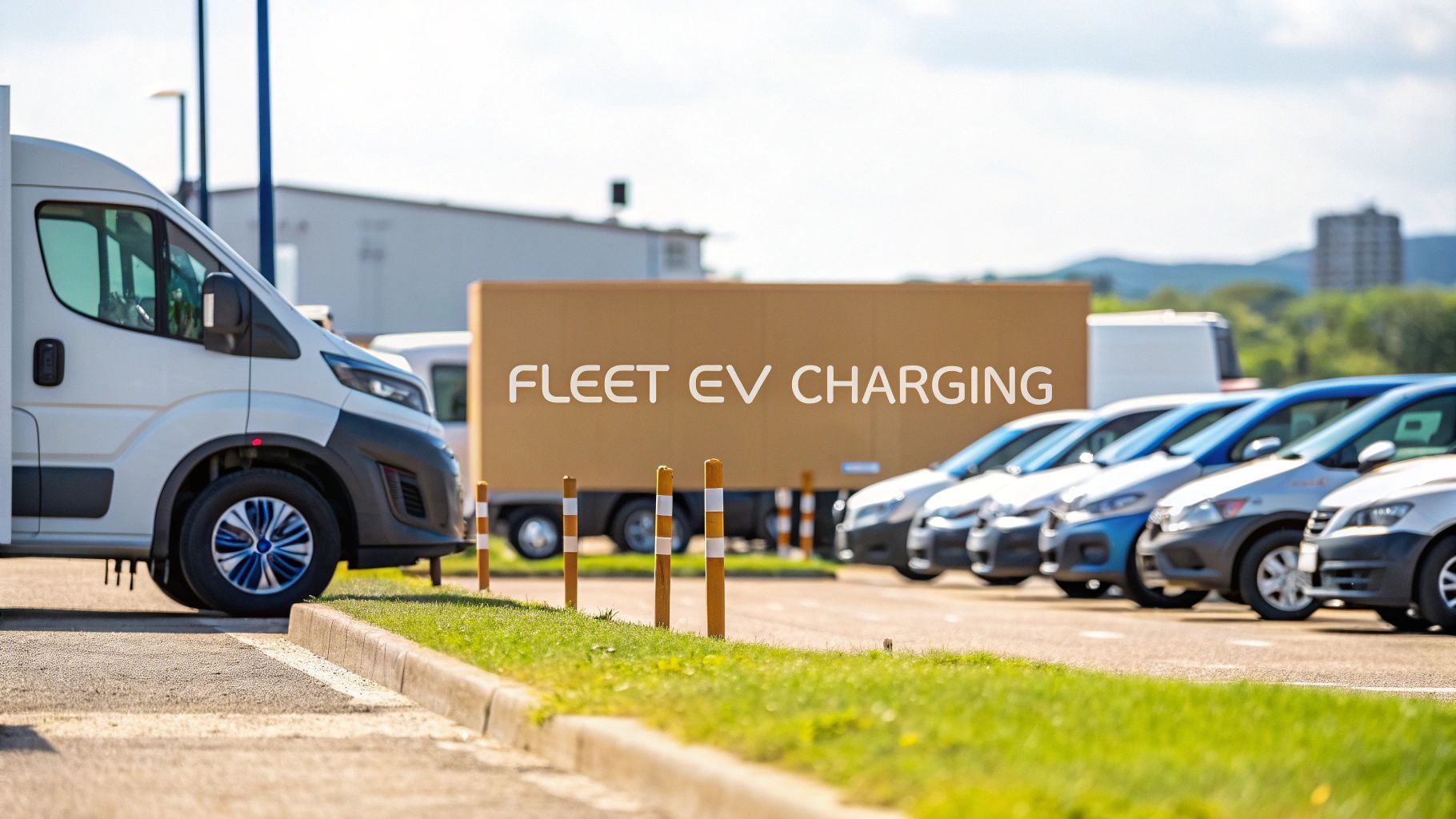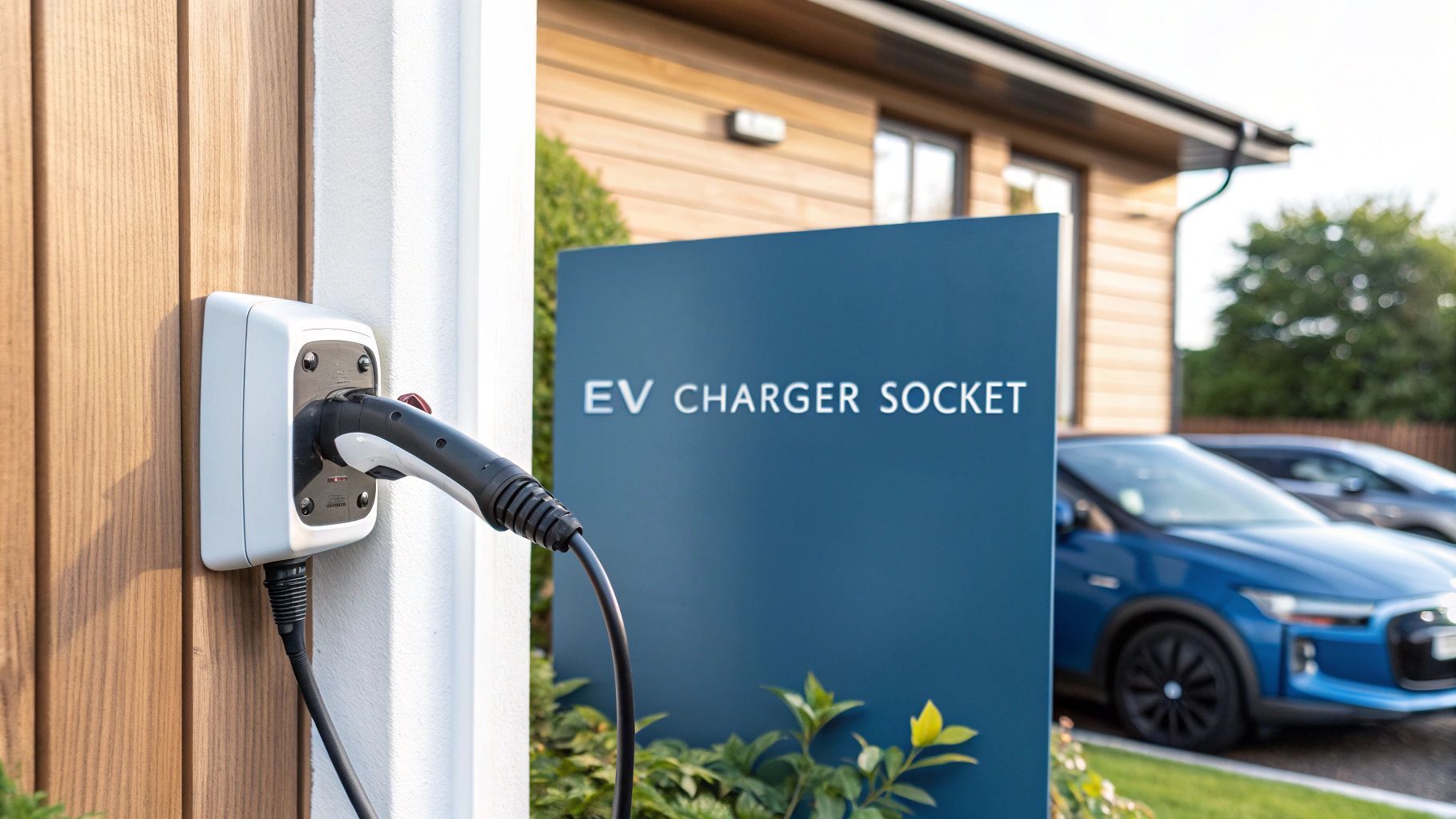When Rental Companies And EV Customers Clash
There’s a war currently going on in the car rental market: the battle between companies and customers.
The Paradox of EV Car Rentals: Challenges and Opportunities
The electric vehicle (EV) market continues to grow rapidly, but some industries are struggling to adapt to the unique challenges posed by EVs. Car rental companies, for instance, are facing difficulties with EV adoption, ranging from rapid depreciation to infrastructure limitations. Here, we explore the current state of EV rentals, the challenges faced by companies like Hertz, and potential solutions to this evolving issue.
Depreciation: Why Hertz Scaled Back on EV Rentals
Hertz, once an early adopter of Tesla EVs, faced significant losses due to rapid depreciation in EV resale value. Their initial investment in 10,000 Teslas turned sour when the resale price of these vehicles plummeted, leading to a $195 million drop in fleet value. This issue was compounded by a conflict between Hertz and Tesla.
Hertz had initially promised to work exclusively with Tesla but later added Polestar to their fleet. Despite this, Tesla continued to sell vehicles to Hertz. However, Tesla’s decision to lower its vehicle prices significantly reduced the value of Hertz’s used EVs. This situation not only highlighted the volatility of EV resale values but also raised concerns about the long-term profitability of electric car rental businesses. Does Hertz rent electric cars?
Infrastructure Challenges for EV Rentals
One of the biggest hurdles for EV rental companies is the lack of charging infrastructure. Many rental car complexes, especially at airports like Heathrow, lack adequate EV chargers. This limitation makes it challenging for companies to manage charging logistics and further complicates the process of reselling EVs. Customers often wonder, do you have to return an electric rental car fully charged?
Why Customers Still Want to Rent Electric Cars
Despite these challenges, the demand for EV rentals remains strong. Renting an EV offers several benefits for customers:
- Avoid Depreciation: Renting an EV eliminates the financial risk of depreciation, which is a significant issue for EV owners. Customers can enjoy eco-friendly driving without worrying about resale value. Explore EV rental benefits.
- Try Before You Buy: Renting allows customers to test EVs and determine if they fit their lifestyle. This flexibility is especially valuable given concerns about charging infrastructure and maintenance costs.
- Convenience: Rental companies often provide fully charged EVs, saving customers from the hassle of finding charging stations. Some companies even offer access to their own EV chargers, addressing concerns about infrastructure gaps.
- Low Maintenance: Maintenance and servicing are handled by the rental company, reducing costs and making EVs more accessible to the average driver. Learn more about EV maintenance.
Innovations in EV Rental Services
Companies like Zimbl are tackling these challenges head-on. Zimbl offers daily, hourly, or long-term EV rentals with access to dedicated charging facilities. This approach makes renting an EV practical and affordable, even for those concerned about charging logistics.
For a more long-term solution, salary sacrifice schemes like EZOO allow employees to lease EVs with payments deducted directly from their salary. This model not only saves money on taxes and National Insurance but also includes servicing, maintenance, and 24/7 breakdown cover. Flexible plans make it an attractive option for individuals looking to switch to electric vehicles without the upfront costs of ownership.
Addressing Charging Concerns with ZapMe
For customers worried about charging availability, ZapMe offers an innovative solution. Their 24/7 mobile EV charging service ensures that drivers can charge their vehicles anywhere, even in remote locations. This eliminates the common concern of running out of power and provides peace of mind for EV renters. Explore ZapMe’s EV charging solutions.
Conclusion
While the EV rental industry faces significant challenges, innovative solutions from companies like Zimbl, EZOO, and ZapMe demonstrate that the future of EV rentals is promising. By addressing issues like depreciation, infrastructure limitations, and customer apprehension, these companies are paving the way for a more sustainable and accessible electric vehicle market.
Ready to rent an electric car?
Discover flexible EV rental options with ZapMe.











